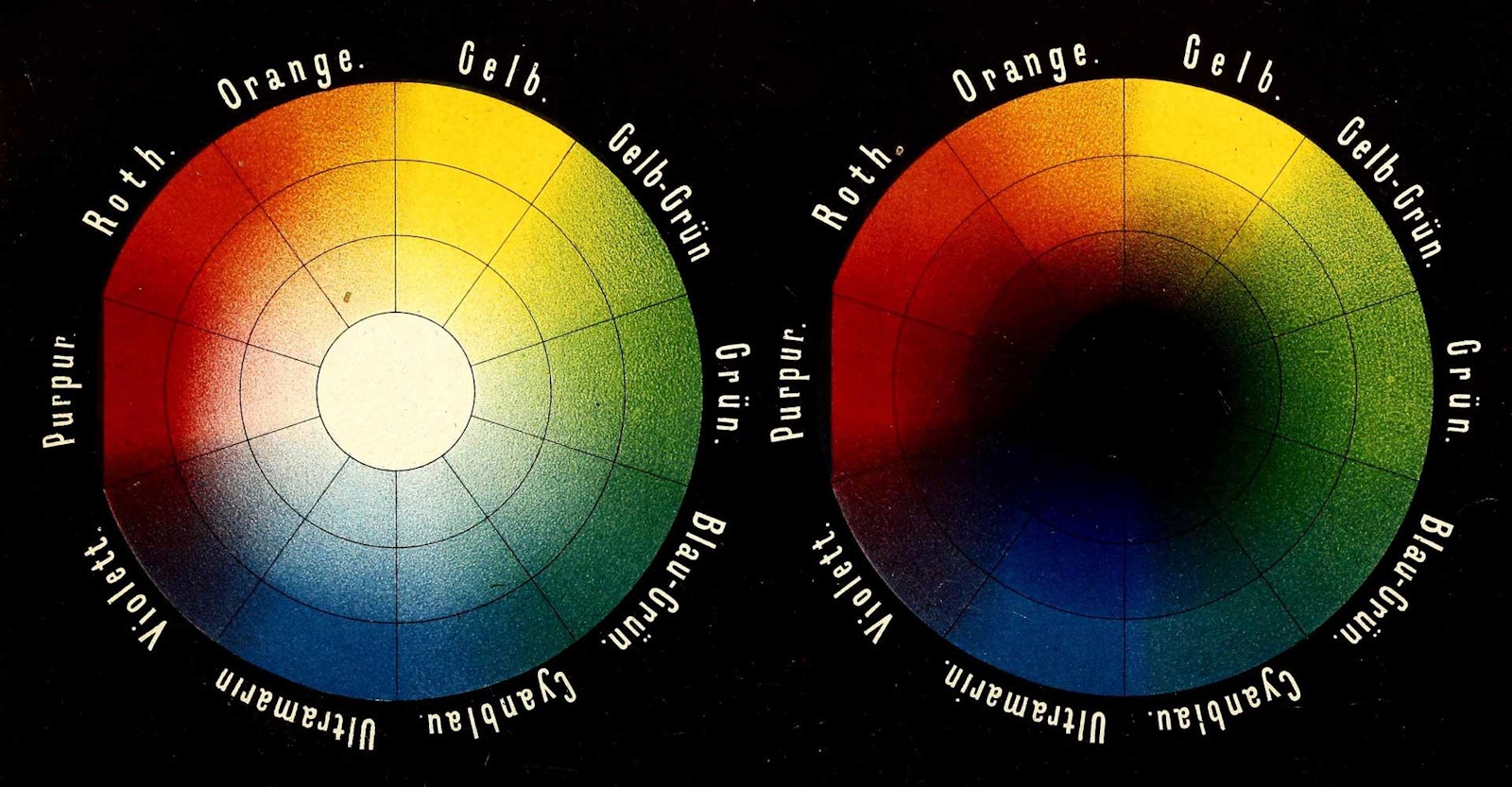I am crazy about working with color in spinning. I am not a dyer, but that doesn’t leave me out of creating color blends and new colorways. I simply work by blending at the wheel or with my handcards and drumcarder.
Lately, I’ve been working only with certain colors. Warm colors have always been my favorite; they can give a feeling of being cozy or fierce, and my eye and grabby spinning hands always gravitate toward them. I decided to dig into warm colors, combining them to make interesting color combinations and yarns. Warm colors are in the range of red, yellow, and orange on the color wheel.
Monochrome: Blending with White and Black
Monochrome means one color to rule them all. Working with one color and adding white or black, I can change the color a great deal, giving it visual lightness or depth.
Value means lighter to darker on a grayscale. If you took a photo of a colorway and applied a black-and-white filter, the resulting range of grays is the range of values for the colorway. It is pleasing to the eye to have a range of values when dealing with colors. Adding white to a color creates a tint, and adding black creates a shade, two ways to change a value. (Adding both black and white—gray—creates a tone.)
From top to bottom, pure red with increasing amounts of white. Photo by George Boe
I was surprised at the range I got when I used only black and white with one color, in this case red. I carded together small batts using these proportions of color (above):
80% red/20% white
60% red/40% white
50% red/50% white
40% red/60% white
20% red/80% white
This created a range that goes from red with a touch of white to pink, with three tints in between. When I spun them in order, it made a gradient yarn moving from dark to light. Adding white to red lightened it in feeling as well as color; it feels airier as it gets lighter.
From bottom to top, red with increasing proportions of black. Photo by George Boe
Then I used black with the red in the same proportions. The black makes the red deeper until it’s really just a tiny bit of red in black. Adding black to the red made it seem heavier, physically and metaphorically, like a more serious color. When spun, it makes a deep dark ombré yarn that moves from darkish to dark.
I tend to go for darker colors, so the darker ombré really appeals to me, but I was really surprised at the variety that’s available in a color just by mixing it with a little bit of white or black.
—Jillian Moreno
Jillian Moreno, author of Yarnitecture: A Knitter’s Guide to Spinning, can’t stop writing and teaching about spinning and using handspun to knit, weave, and stitch. When she’s at home in Ann Arbor, Michigan, she can be found wantonly basking in her stash. Keep up with her fiber exploits at www.jillianmoreno.com.
Download the Summer 2018 issue of Spin Off to read more about Jillian’s adventures in blending warm colors on the drumcarder.



